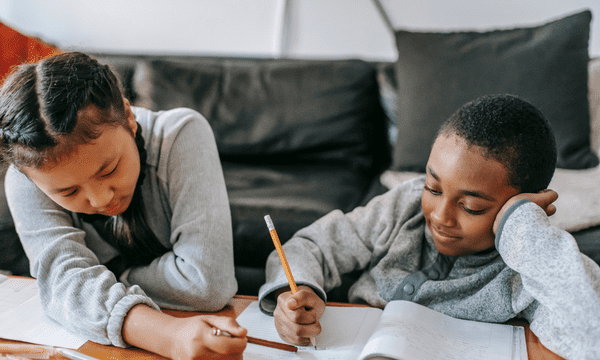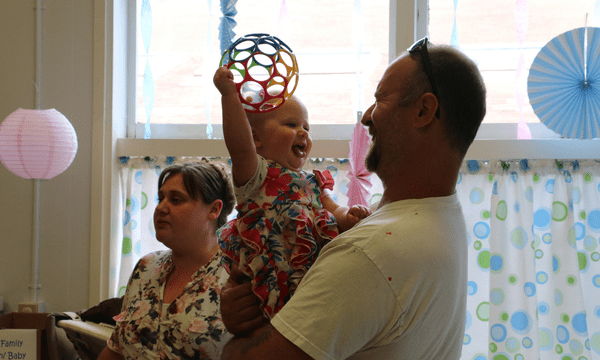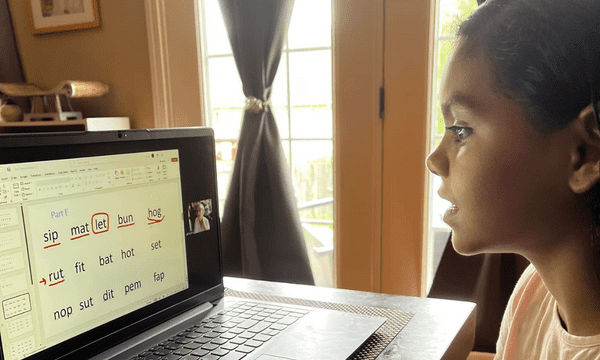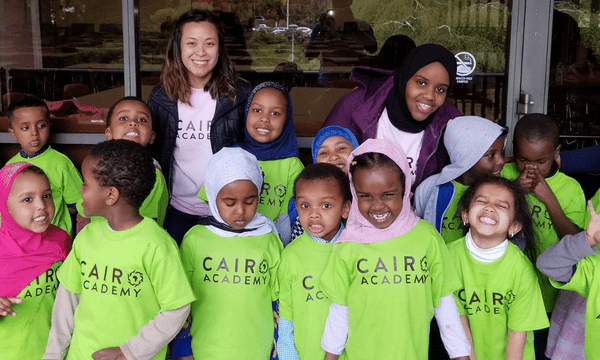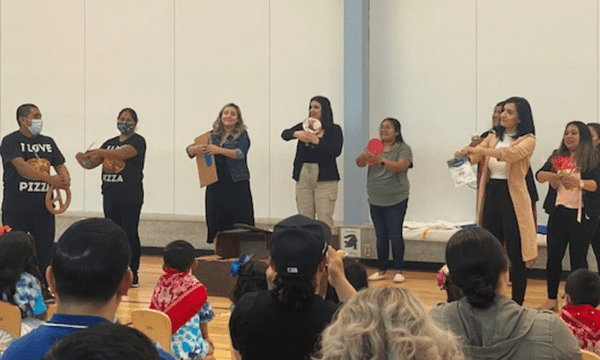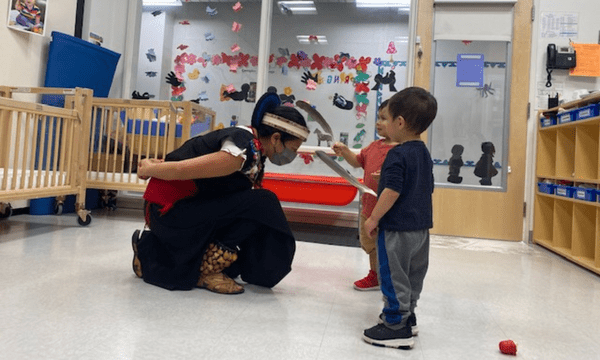Recasting : Embracing a language-inclusive approach in English learning
Recast(ing) is when a teacher repeats what a student says with more detailed language or correction. In this change idea, teachers can help promote verbal comprehension by using loose parts. While this approach can be used for all students, we see that it can be especially useful for emerging multilingual or emerging verbal students.


